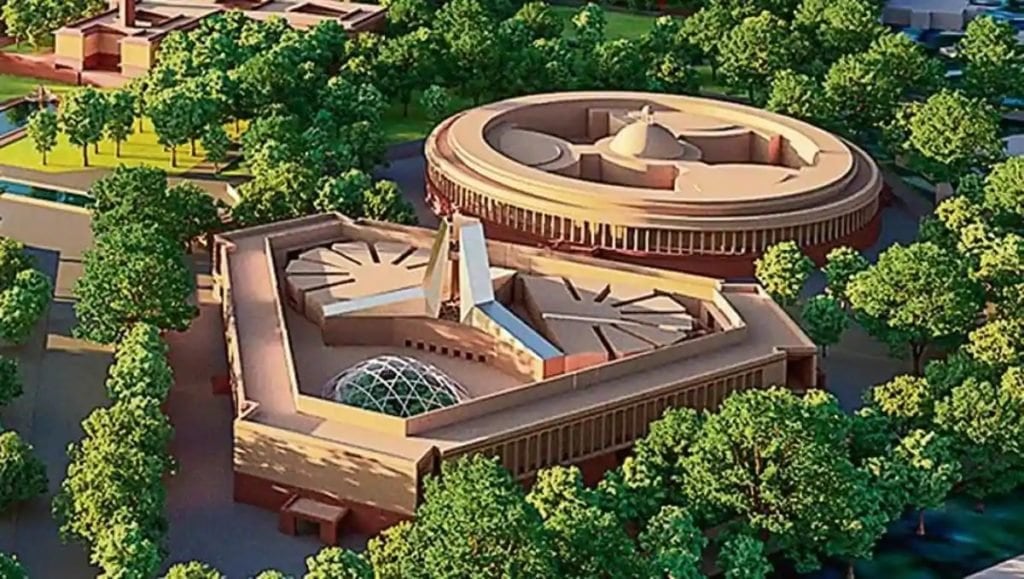The current discussions over the dire oxygen shortage reflect the disastrous and glib attitude of the central government towards the Covid 19 pandemic in India. It was one year before when India was in a so-called safe zone, and the Prime Minister Narendra Modi declared the Aatmanirbhar project, which makes India self-reliable in many ways. From the deep-rooted infrastructure needs to corporate dealings, it was desperately saying about some mere theories without marking its practical possibilities. Now the nation is at its peak of reliance, as the demand for Oxygen surpasses the supply chain. Being funded nearly to 2000 crore in just four days after PM-CARE fund announcement, who was responsible for making the necessary medical infrastructure in India?
On March 14, 2020, India officially declared Covid 19 as a ‘disaster’ in the country. Soon after the pandemic uprising in April 2020, many studies were conducted inside the nation itself about the precautions India needs to take, for fighting against the pandemic. Medical reports stated that Covid patients will severely face Hypoxaemia, a state where the oxygen level in blood plummets, and there should have the necessary infrastructure inside the nation to treat most of them with Oxygen therapy and similar treatments in district level hospitals. But it took 8 months for the central government to think about it. In October 2020, the Central Medical Service Authority called for bids from states to have 162 Pressure Swing Adsorption (PSA) oxygen plants in 14 states. Remember, it was seven months before, the same government itself declared Aatmanirbhar economic project without having any self-reliant check on medical infrastructure. He himself said in the Independence speech that Made in India Vaccines are a symbol of Aatmanirbhar. Sarcastically, now we are relying on international vaccines to meet the demand of rampant rising in Covid cases.
The only responsibility of the state was to ensure the completion of civil and electrical works. The district hospitals need to have the site readiness certificate. The Central Medical Service Authority was responsible for checking the bid and further proceedings. But, as the Health ministry tweeted two weeks before, only 33 out of 162 PSA Plants were installed in our country. As per agreements, only 4 to 6 weeks were enough for the completion of a plant. Why did such a delay happen?
The financial budget for the Aatmanirbhar project was 29.87 lakh. As mentioned before, the PM care fund is receiving nearly 400 crores per day. Where are these funds allocated? The only financial need for an oxygen plant is 1.25 crore. As per reports, 162 plants need 201 crore. What were the priorities of the central government while allocating funds to pandemic survival projects like Aatmanirbhar?

Before Covid, the oxygen production unit in India was 7000 tonnes per day. Only 15 percent was needed for medical purposes. Since the onset of Covid 19, the demand for medical oxygen is exponentially rising. The current demand for medical oxygen is 8000 tonnes per day which may reach 9000 in upcoming weeks. Unfortunately, it takes the government to wait till April 12 for changing the allocation criteria of oxygen. From April 12 onwards, 3842 tonnes, which accounts for 54 per cent of total production will be converted to medical oxygen. On 18th April, it again changed to 4600. Amid the rising covid cases, why has the country had such a delay to convert industrial oxygen to medical oxygen? Nothing resulted in oxygen shortage other than the relentless approach of central ministry which was always corporate motive and crony capitalist.
There is also some dire analysis over the PM-CARES fund. Transparency, accountability, use of money, and clarity over control are critical questions so far. The law student from Bangalore recently filed RTI on the PM-CARES fund. In response, the Prime minister said that it is not a public authority and doesn’t belong to RTI. Then what does the name implies and how can people trust it? Moreover, Corporate Social Responsibility (CSR) is also a matter of controversy. Nearly half of the amount has now transferred to PM-CARES. Historically, the prime concern of CSR was education and rural development. Dangerously, the so-called sector will face a great financial shortage as the CSR fund accounts for 15000 crores for a year. Indeed, now it is justifiable to have more contribution to the health sector. But when did people lose faith in its allocation?

Here, the philosophical concern on trust needs to be discussed. As per Stanford encyclopedia of philosophy, trust is both a loving and disastrous concept. Trust is important because it allows us to depend on others-for love, for advice, for help-especially when we know that no outside force compels them to give us these things. If it is a guaranteed one, the importance may have some increments. The trust in government enhances such a guaranteed trust and the nation is completely missing it now. Why the southern state of Kerala had a second wave in election result was the result of such a guaranteed trust. During the pandemic, people of Kerala were treated with food kits and high pensions, which make them more trustworthy in the government.
Trust is also a disastrous concept as it may result in self-suicide. So what the state government can do, is to ensure what maximum they can have to develop the medical infrastructure as oxygen plants just need 1.25 crores. What people can do, is just to keep the Covid protocols, wear masks, keep social distancing, always sanitized and get vaccinated if possible. Let’s survive ourselves.












